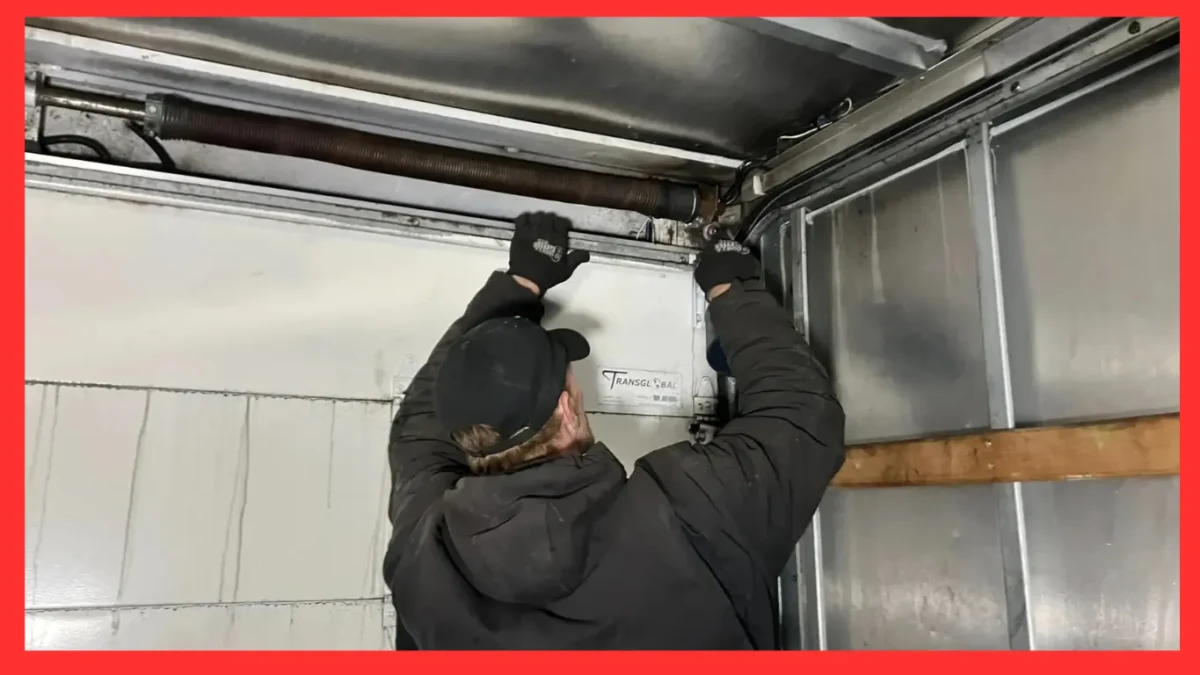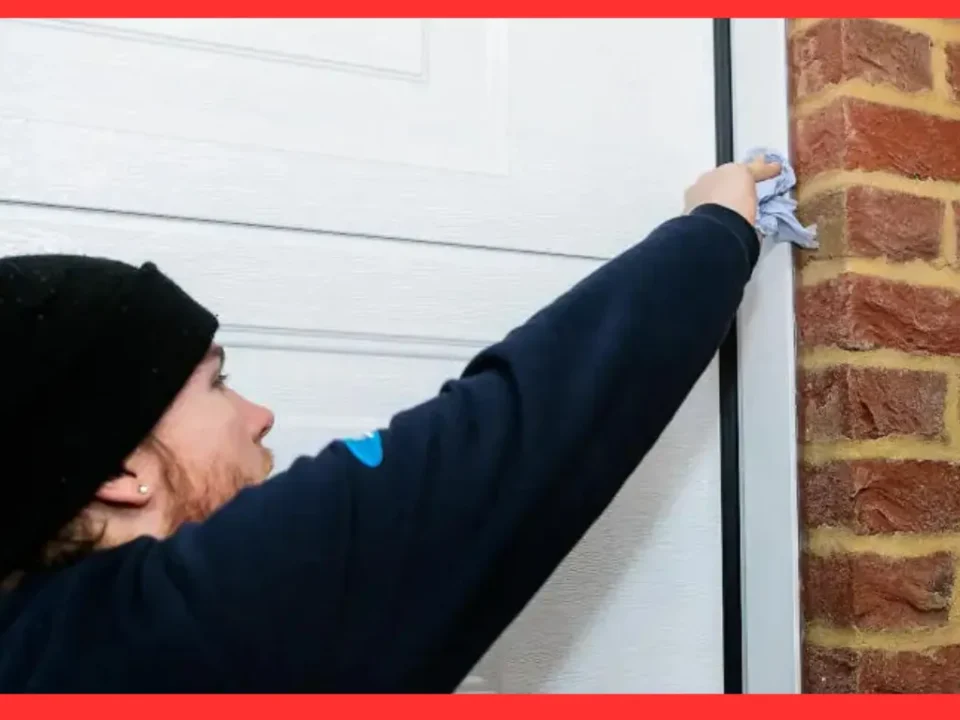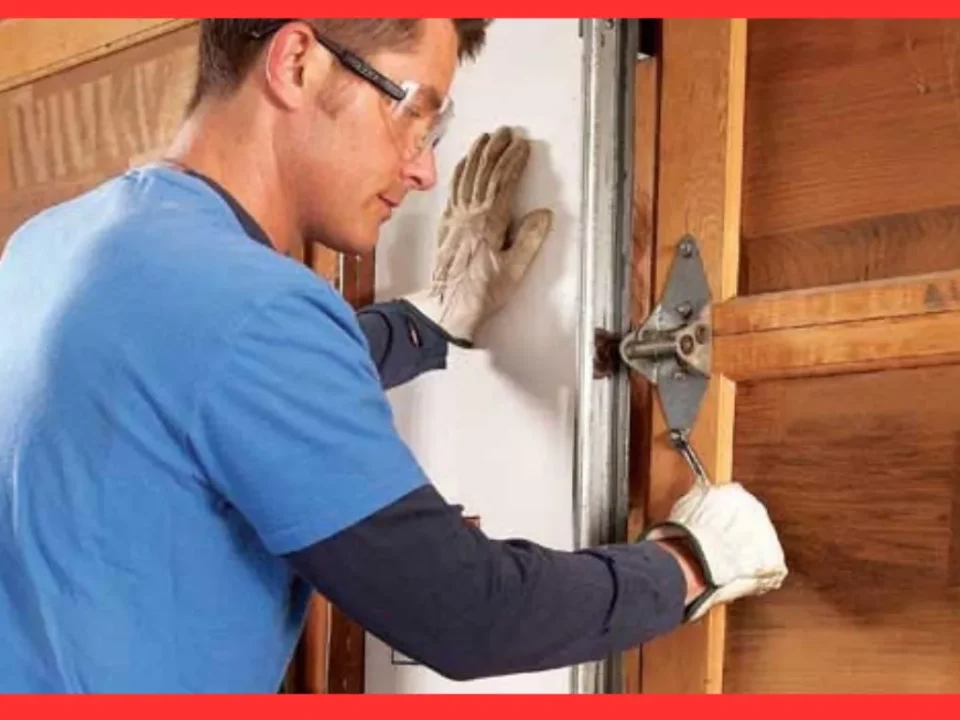- Call us for a FREE Estimate. Dial NOW
- (800) 778-5512
Common DIY Mistakes in Diagnosing Garage Door Problems

Comprehensive Garage Door Repair: From Diagnosis to Solution
February 1, 2025A malfunctioning garage door can be frustrating, and many homeowners attempt to troubleshoot issues themselves. While DIY garage door repair may seem like a cost-effective solution, misdiagnosing the problem can lead to further damage, increased repair costs, and even safety risks. Understanding common mistakes in diagnosing garage door problems can help homeowners avoid unnecessary repairs and ensure long-term functionality.
Overlooking the Root Cause of the Issue
One of the most frequent mistakes in DIY garage door troubleshooting is addressing surface-level symptoms instead of identifying the underlying cause. A door that won’t close properly might not be due to a faulty opener but instead a misaligned safety sensor or obstructed track. Unusual noises can be misattributed to the motor when the real issue lies in worn-out rollers or unbalanced tension springs. Without the right diagnostic tools, it’s easy to misinterpret warning signs and replace components that aren’t actually the source of the problem.
Incorrectly Adjusting Springs and Cables
Garage door springs and cables operate under high tension, making them critical yet dangerous components to handle. DIY repairs often involve attempting to tighten or replace torsion springs without proper equipment, which can result in sudden breakage, injury, or improper weight distribution. Cables that are too tight or too loose can cause the door to function erratically, leading to premature wear on other parts of the system. These adjustments require precise calibration, which is best performed by trained professionals.
Ignoring Sensor Alignment and Electrical Issues
Many homeowners assume a garage door that won’t open or close is caused by a mechanical failure when, in reality, sensor misalignment or electrical malfunctions may be the culprit. Safety sensors that detect obstructions must be correctly positioned for the door to function properly, and even a small deviation can prevent smooth operation. Additionally, garage door openers rely on circuit boards, wiring, and power sources that require proper testing. Without specialized tools like voltage meters, troubleshooting electrical issues becomes a guessing game that can lead to unnecessary part replacements.
Using the Wrong Lubricants or Maintenance Products
Regular maintenance is key to extending the life of a garage door, but using improper lubricants or cleaners can do more harm than good. Household oils or grease-based products may seem like a quick fix for noisy hinges or slow-moving tracks, but they often attract dust and debris, leading to buildup that disrupts smooth operation. Silicone-based lubricants or manufacturer-recommended products are necessary to maintain the system without causing residue buildup or component deterioration.
Why Professional Diagnosis Prevents Costly Mistakes
Attempting DIY repairs without the right expertise can result in unnecessary part replacements, misaligned components, and potential safety hazards. Professional technicians have the experience and tools to accurately assess mechanical, electrical, and structural issues, ensuring precise garage door repair that prevent further complications. Investing in expert evaluation not only restores optimal performance but also extends the lifespan of the entire system, saving homeowners time and money in the long run.
Learn more:
Comprehensive Garage Door Repair: From Diagnosis to Solution





